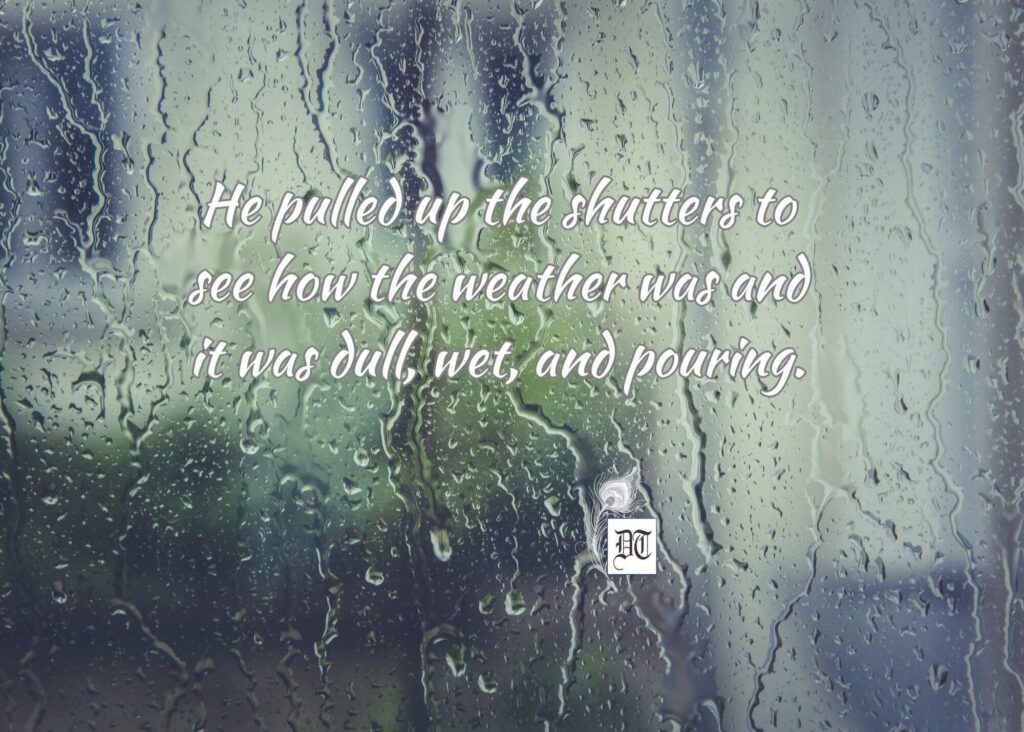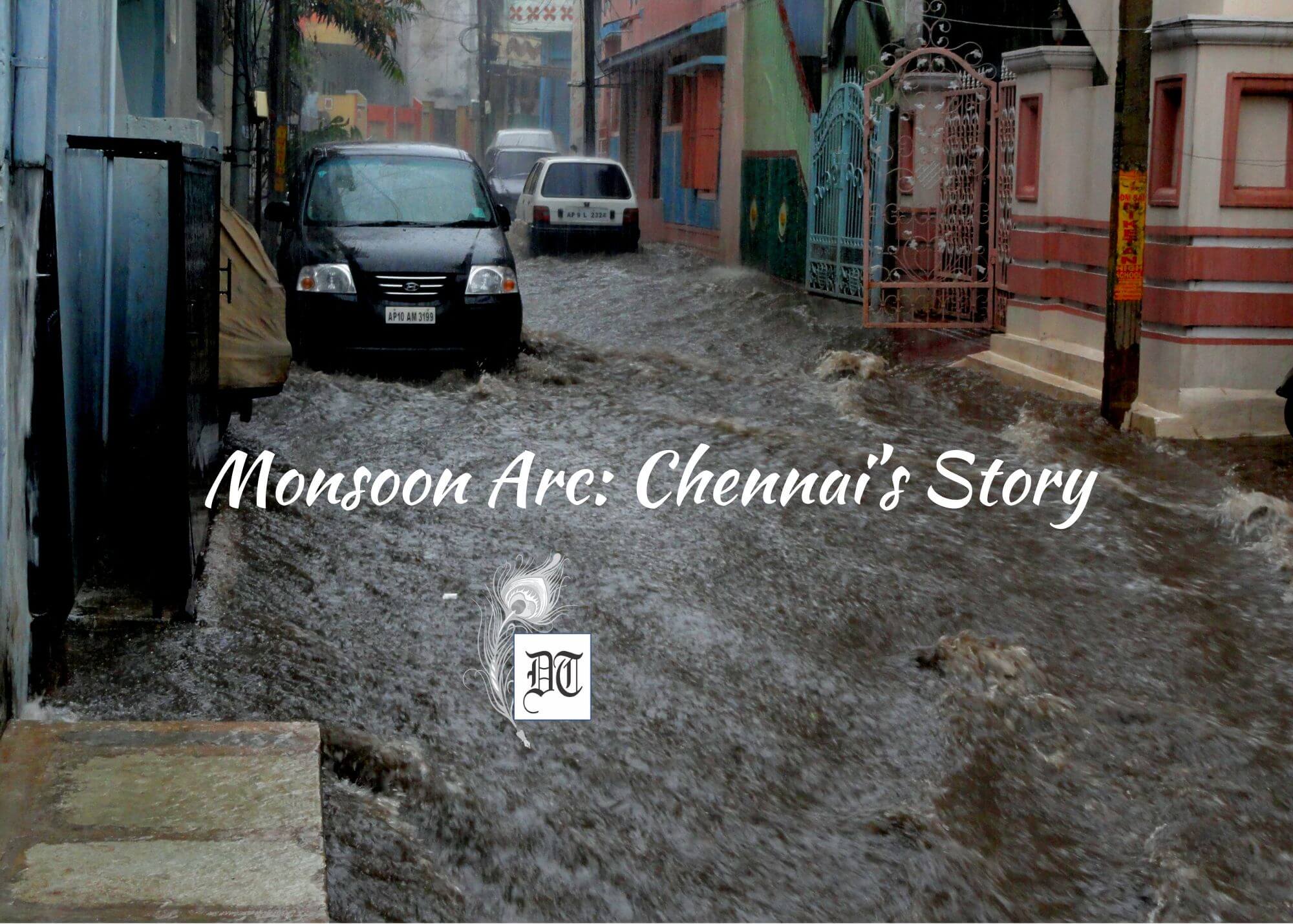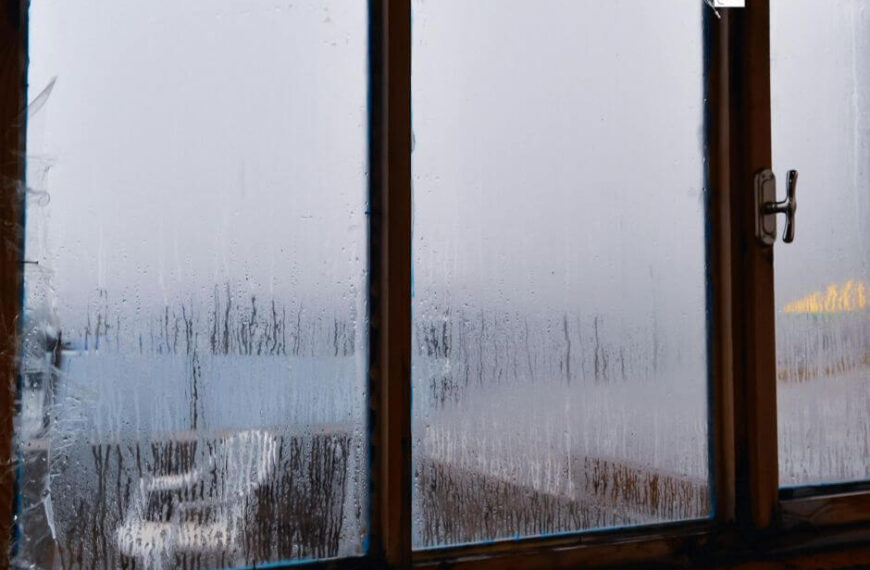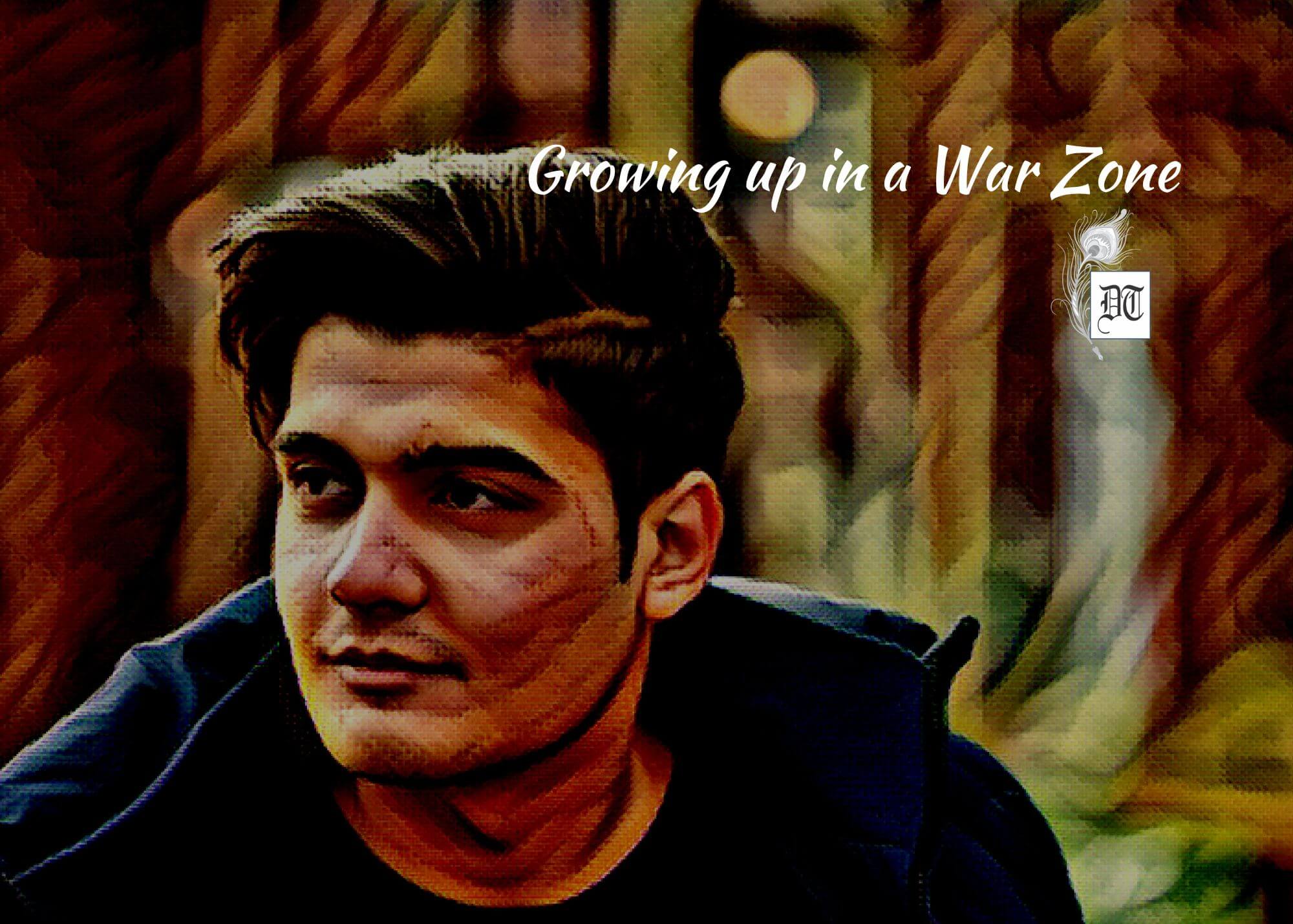Subramanian’s exclusive short story for Different Truths delves into Chennai’s struggle with water scarcity amid the rapid urbanisation of the 1960s and 1970s. It navigates through the challenges posed by both the monsoon and deluge seasons.

There was a time when monsoons were known to be either parsimonious to Chennai or simply indifferent.
the sixties and seventies,ity was a byword in every household. he city evolved from independent houses to matchbox apartments extending its periphery to suburbs and beyond in the name of burgeoning real estate, but water scarcity remained a mole on the elbow.
Like in all commercial activities where promises mean more than performance; real estate developers too promised enough water supply to ensure bookings until it was handed over. A few years after the handing over the old complaints and the problem revolved around deepening or digging more borewells, manipulating the crosscurrents of water flow…in the process digging their own grave.
In due course bore wells became economical with water, not cost
They are not to be blamed strictly either because it is like demand and supply. Essentially it meant, rather than sounding the missive, that planning was all fine on paper but when it came to fine print commercial exigencies and lobbies took over. It became then a case of passing the buck.
The city had long since graduated from the parsimony of monsoon.
The city had long since graduated from the parsimony of monsoon. Now it was regular, buoyant and often uncomfortably bounteous. So much so that parked cars in the stilt space of apartments went for a swim in roaring water stretching to a height of 5 to 10 ft in some places.
One of the inmates from her window of the first-floor apartment saw her car transported to God knows where and screamed knowing full well she was helpless…could not get down into the vast sheet of water that left no sign of anything let alone the road. And she hoped to find her car when the water level receded.
Just the night before Ganesan, a young software engineer holding a senior position in a prestigious IT firm, had boarded the train to Srivaikuntam, a holy town close to Tirunelveli where Lord Vishnu held court. A devout believer and practitioner of sacraments that drilled into him the belief that men could succeed and achieve on the merits of brain and diligence but there was always a pervading force that guided him he had prayed before boarding the train to Tiruchendur.
Four days back the forecast of a formidable downpour had unnerved him…
Four days back the forecast of a formidable downpour had unnerved him, but he wanted to see his parents after a gap of two years. They looked forward to it as much as he did. He was loath to cancel or put off the trip on the prevarications of nature. It could be sunny if the low depression changed its course at the last minute and veered away…not that he wished ill for his brethren in the neighbourhood.
So he took a chance, went ahead with the trip and saw the Tiruchendur Express chug slowly out of Chennai Egmore.
The weather was murky, stubbornly ominous. He shrugged his shoulders and smiled.
“It’s all in the game. Let us leave it to the on High!”
***
On the way, the starless sky got darker still, dark clouds ranging viciously to pour with the chilling owl-like howl of the wind. December it was and cold wind hitting the windowpane of the train chugging in a monotony of extreme caution made Ganesan’s arms shudder. He could see nothing in the dark and barely imagined the procession of dense vegetation and fields
drenched in the downpour.
He put on his woollen sweater, but it proved to be no protective cloak…
He put on his woollen sweater, but it proved to be no protective cloak, so, he had to take a pullover. “God! It’s frightening… hope I reach my place in one piece.” His voice was as intimidating as the weather outside.
Thankfully the lights were on. All the shutters were down in the coach except his where the glass pane was pulled on and intact. The biting cold penetrated the inside of the coach though there was balancing warmth due to the radiation of body heat.
An elderly man, in his early sixties, was travelling with his wife. There were several families busy chatting about their kin or the functions to attend in Tiruchendur including the celebrated Murugan temple though inwardly a queasy churning was on in their minds.
“Where are you bound, sir?” asked the elderly man with hesitation. Ganesan smiled though he could smell the palpable concern in his voice.
“Vaikuntam sir….to be with parents. I am visiting them after two years.”
The old man returned the smile. “I am a resident of Tiruchendur, have got land and a rice mill there. My daughter is in Chennai. We came on a holiday to be with our granddaughter.”
There were two families in front of the three-tier AC coach.
There were two families in front of the three-tier AC coach. They took to their dinner early in the evening as they were too wary of rail catering. The elderly man, who introduced himself as Muthuraman, was not finicky enough to insist on homemade food and shun rail service and had therefore ordered. So did Ganesan.
As they dug into the dinner Muthuraman broke the silence aware that the inclement weather could make anyone off-colour. Silence made it worse, of course.
“Sir! You must be in touch with your parents. They would be worried. The cyclone had hit close to the Chennai coast a few weeks back but now it is pure monsoon fury. The earlier one affected Chennai badly and a lot of them are yet to come out of the trauma. I am worried about the open drains, small dams and culverts and lakes in the southern part of the state which are all vulnerable.”
Ganesan, listening to him in rapt attention, said “I know… a place like Vaikuntam cannot face up to persistent rain for a few hours, let alone the whole day or days. We own land very close to our home and the paddy will be submerged. My father told me just now he is bracing for some severe loss of crops and money this year. We faced it every year in this period. A curse in what is otherwise a holy and fertile belt…”
Muthuraman’s wife nodded with lines of worry on her face.
Muthuraman’s wife nodded with lines of worry on her face. “What else could we do other than pray to Perumal?”
Muthuraman spat out in disillusionment. “In cities, they lay roads which cannot stand a day’s rain, metro rail and residential skyscrapers where a guy in the balcony is no proof against a bust of breeze. I know of a lady who lived on the 14th floor and wanted to enjoy the scene. She opened the door and stood close to it when the gust of wind slammed the door on her face knocking her over. She fell into a coma and died soon after.” I mean… a city is unable to cope with the pressures of money and commercial lobbies which have their way. So, the less said about a rural town the better.”
“God! It is horrible to hear. Such occurrences are hard to believe. “ said Ganesan. “Migration in search of a job across the country is inevitable and it adds to the pressure. You need to have a footing somewhere and if all things go well settle down there. You need to build a roof unless you are lucky enough to get back to where you belong…”
Just then the train halted at Villupuram for more than 45 minutes…
Just then the train halted at Villupuram for more than 45 minutes before easing into motion. The passengers were blissfully unaware of it having been preoccupied in their uncertain world.
“We didn’t even know we were tagged here for this long….” said an exasperated Muthuraman. Ganesan, who was equally chagrined, didn’t reply.
***
Most of the stations en route wore a deserted look except for the idle tea stalls, The passengers too, especially senior citizens, didn’t venture out even for a hot sip of tea apprehending wet and possibly slippery platforms. Inevitably the train ran late by an hour considering the possible presence of water or even flooding of the track. Thankfully signals were in place though the menacing purr of the dark outside continued with the trundle of the train.
“Are we closer to Kumbakonam?” enquired Muthuraman.
“We are, possibly reach in a few minutes,” said Ganesan. “But the persisting rain worries me, sir. In some places ahead of us the track would be flooded, and it could delay us longer.”
“If the train drops us at our destinations, I will be more than happy to thank God for it. It will be a blessing” said one of the members of a family in front.
None of them, however, had any assurance that they would be blessed in some way.
***
Ganesan slept fitfully as he was accustomed to it during train travel at night.
Ganesan slept fitfully as he was accustomed to it during train travel at night. “Cool, undisturbed sleep is a luxury,” he thought. Most of the passengers on the coach appeared to have slept well perhaps as a relief from the ordeal of the weather.

He looked at his watch and saw it was 6.30 a.m. He pulled up the shutters to see how the weather was and it was dull, wet, and pouring. The train had stopped, and he had no way of knowing for how long it had. He knew the train should have reached Srivaikundam by now but the stretching flooded farm fields on either side with sparse houses indicated that it was not so. There was no evidence of roads or pathways, if there had been any.
“Srivaikundam is just a km away sir” said a passenger who was bound for Tiruchendur. “The train got an alert and has halted. Seems the ballasts are off. I hope it will start moving again.”
Ganesan sighed near relief though he was not sure whether the train would move. He could see a sheet of water submerging the fields though the track appeared to be navigable. He could not help blurting out his concern though.
“The scene is scary sir. We can neither get down nor remain in the train if the alert to move does not come.”
Muthuraman, who had got up, was slightly sullen, looking unwell.
Muthuraman, who had got up, was slightly sullen, looking unwell. “Mr. Ganesan….I am glad you are close to your destination….we are still 30 km away.” His wife looked crestfallen, at the end of her tether.
“He is a heart patient. I am only concerned about him.” To Ganesan’s relief, the train creaked and began to move. It trundled at a snail’s pace and reached Srivaikundam.
But his relief was only palpable and short-lived as the message came through that any further movement was risk-bound and foolhardy. One of the railway staffers came to the coach to inform them that the train might remain there for some time before the weather eased or the flooded tracks were restored and made navigable.
The train had already been delayed by more than 90 minutes. Ganesan was embraced by his father who had managed to come to the railway station in his car driving through flooded roads in the town in meditative hermitlike composure and caution.
Ganesan found someone tugging at his shirt and turned back to find Muthuraman’s wife apprehensive and scared.
“Son! He seems to have symptoms of a cardiac attack. I don’t know what to do…”
Ganesan’s father rushed into the coach, while Ganesan ran into the railway staff room to look for instant health care.
A stretcher was brought to take Muthuraman and rush him to the nearest hospital.
A stretcher was brought to take Muthuraman and rush him to the nearest hospital. Thankfully Ganesan knew of a specialist hospital close to the station and took him there having forgotten to even speak to his fretful mother about what had held him and his father back. He knew his mother would continue to worry but there was no time to even ring her up.
“We must know first if this man is all right or is recovering. “He muttered. His father took care to inform home that an emergency (not related to their family) had occurred and it had held them up at the station.
Ganesan also came to know that the train would not proceed further and that the passengers were holed up there.
A crisis had come home to roost.
***
All the passengers shackled to Srivaikuntam to no fault of their put it to a matter of a few hours but it seemed to stretch before the shadows of the night crept in. There was no let-up in the rain and the southern belt was not equipped to handle nature’s unmitigated fury.
Thankfully the cafeteria run by a local rose to their need and gave them breakfast…
Thankfully the cafeteria run by a local rose to their need and gave them breakfast but the railway catering service was not prepared for this eventuality. About 500 odd passengers, including the geriatric, needed round-the-clock vigil and sustenance though some were near breakdown amid symptoms of vomiting and diarrhoea.
Ganesan and his father were faced with a task, not of their own choice but of the magnitude of a mountain to climb. They could not let it go either. The roads in the town were clogged with knee-deep or waist-level sheets of water hindering their drive to do their best.
“It is a test of our nerve, my boy! We have not spent all our lives creeping back into our shells and watching them suffer, possibly die. It was your good fortune you reached along with others but the rest of them are braving it out. We have to show we are not heartless, nor do we rely on external agencies for help… there is no time for it. Rather we help ourselves.”
Ganesan, who had learnt forbearance in his stint in an IT firm and not given to wasteful emotions, nodded and raised his thumb to his father.
His father used his decades-old connections in the town comprising hoteliers, vegetable and fruit vendors, and nursing staff to help the distraught.
The message from the railways was distressful and alarmingly ominous.
The message from the railways was distressful and alarmingly ominous. “Sorry ladies and gentlemen… it would take a day or two. The track restoration is on in full blast and the signal system is in place. Please…please bear with us.”
***
The railway station was abuzz for the next prolonged hours with supplies of food, medicines and equipment being rushed to the respective coaches where the need was greater. It pertained to those who had symptoms of sudden dehydration, stomach disturbance, diarrhoea, fatigue and stress-related syndromes.
Ganesan and his father were on their feet all the time coordinating whatever they could with local connections of suppliers who rose to a higher level of thinking and approach divorced totally from the mundane. Commerce took the back seat relatively to an extent.
Muthuraman showed signs of recovery a few hours later in the evening…
Muthuraman showed signs of recovery a few hours later in the evening having gone through CPR and defibrillation by the railway staff as was done in the event of unforeseen emergencies. His wife spoke to her daughter in Chennai who had been almost ill with perplexity and worry since they left the city.
The news that the train had halted at Srivaikuntam and might not leave for a couple of days was less painful than one of the father’s cardiac arrests, which left the family in tatters. She could only hope her worst fears would not come true.
Muthuraman opened his eyes and took note of his wife’s presence before locking his hands in gratitude with Ganesan.
“No sir…this is no time for thanking me and my father. You must thank all the locals who rose as an army to back us up and bring relief to so many who are stranded in the train still because they are unable to move out. We have arranged a big hall where most of them could be fed in turns. I am amazed sir…. unable to believe it. But I have learnt a world of things from this experience. That alone matters sir.”
His father laid a reassuring hand on Muthuraman’s shoulder.
His father laid a reassuring hand on Muthuraman’s shoulder. “They are still at work. Possibly the train may leave tomorrow morning. I hear the track has been restored. If you wish you can return in the train itself or you can have somebody from Tiruchendur to take you in a car.”
Muthuraman’s wife said “It will take three days as per medical opinion to discharge him. We will ask our cousin to take us home in a car.”
“We will take care of you till you leave for home…” smiled Ganesan.
He took leave of the couple as one of the hotelier’s employees came up to him. “Sir! We have the next consignment of water cans ready for the station. Care to join us?”
“Of course,” said Ganesan and hopped into the front seat of the van.
A cool breeze blew across the vast fields from a distance.
A cool breeze blew across the vast fields from a distance. The weather had improved beyond expectation two days after the train came to a halt at the station, looking sunny, soothingly warm and reassuring after the terrible onslaught of the monsoon the day they left Chennai.
Suddenly nature seemed to have recovered from its surge of fury and had become benign and benevolent. But anything could have happened in the passing hours when the fury was in full swing and the aftermath would have been horrible to imagine, much less experience.
But what gave him succour and regeneration was the unstinted display of human kindness and concern in times of adversity. The whole village worked as an army to guard, nurse and redeem the afflicted from the depths of despondency.
“There is always a light in the tunnel,” thought Ganesan with a smile. “If I had any cynicism about the milk of human kindness it is gone.”
Picture design by Anumita Roy







 By
By
 By
By